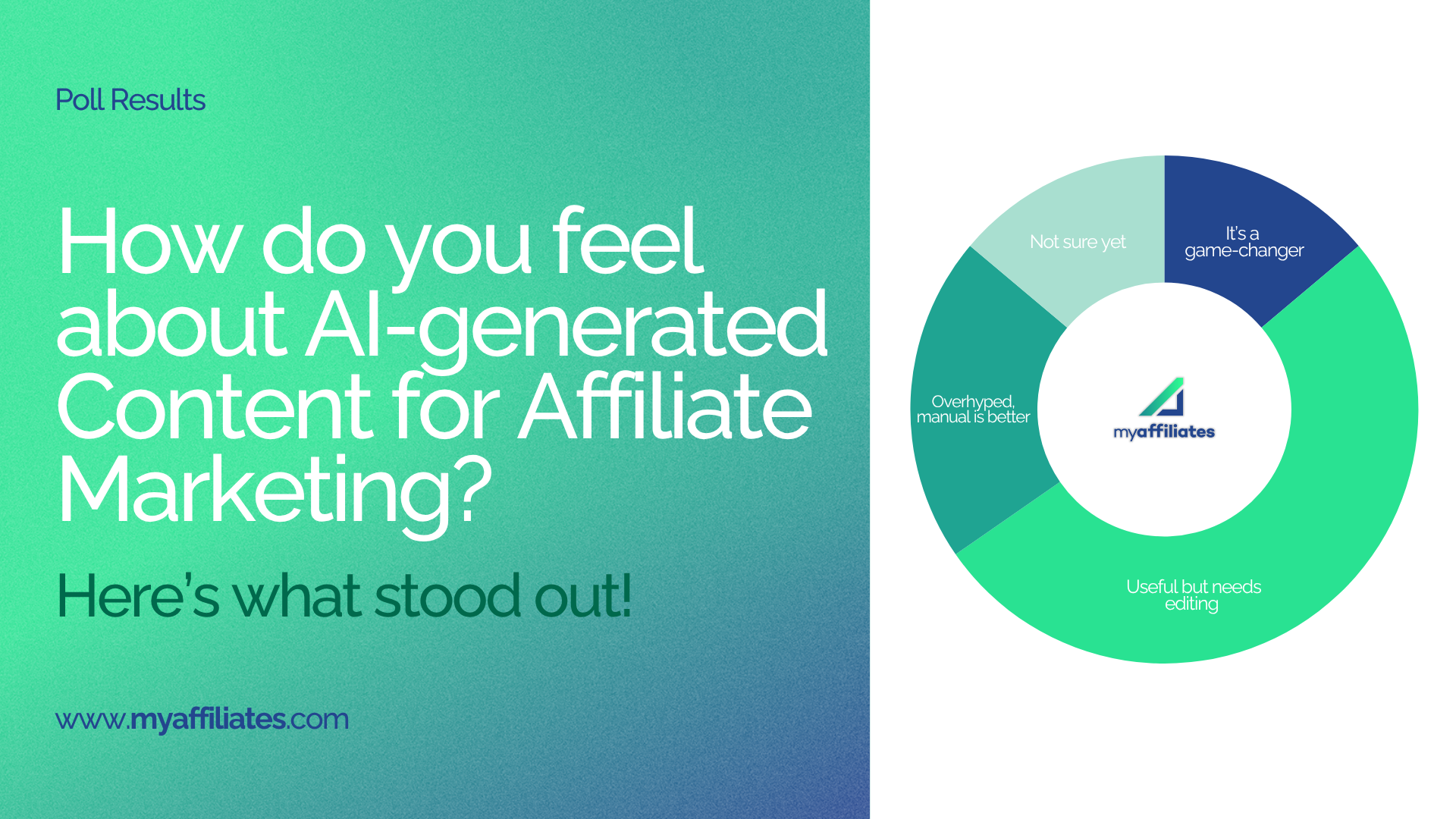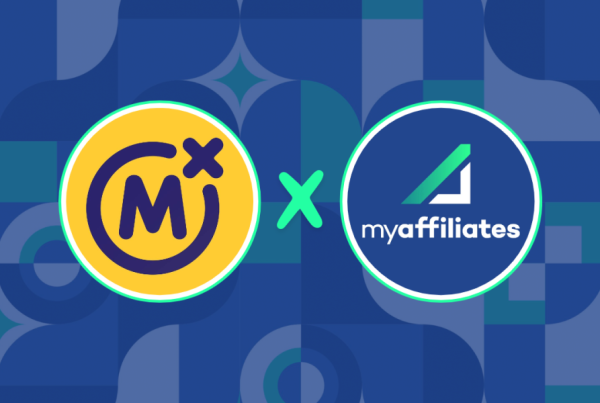In a recent LinkedIn poll, MyAffiliates asked the affiliate marketing community how they feel about AI-generated content. The responses provide an interesting snapshot of where the industry stands today:
- 52% said it’s useful, but needs editing
- 21% believe it’s overhyped and manual is better
- 14% see it as a game-changer
- 14% are not sure yet

The majority view AI as a helpful productivity tool – but not a complete solution. This reflects how AI is being used across the affiliate space: to support and accelerate content workflows, not to replace the strategic thinking or creative input that makes content effective.
The conversation didn’t stop at the poll. Industry voices offered deeper insights into how AI is perceived and applied. Mark McGuinness iGaming Gen AI 🤖. pointed out that AI is still often viewed as a shortcut or a way to automate basic tasks. But he argues that it should be treated as foundational software—something that, like any system, requires good structure, clear inputs, and guided learning. Without that, results are inconsistent at best.
Ian Sims drew a distinction between two core use cases: the process of creating content, and the value of the content itself. AI can dramatically improve efficiency and productivity—especially when it comes to formatting, translations, and adapting content for different channels. But real value still depends on using AI to deliver authoritative, original insights—not just repackaged information.
Miles (Myron) Saacks raised a broader concern: that many in the industry are barely scratching the surface of what AI can actually do. While the technology can support everything from campaign optimisation to website generation, the average user still tends to focus on basic tasks like writing emails or drafting posts. This reflects a wider skills gap around AI adoption.

At MyAffiliates, the view is clear: AI has real potential when integrated intentionally into existing workflows. Tools like BoostBox are designed to assist affiliates in building and managing campaigns more efficiently, while still relying on human input for relevance, accuracy, and strategy. The takeaway from the poll—and the broader discussion—is that AI is evolving from novelty to necessity. But its impact will depend on how well businesses train their teams, define their frameworks, and apply the technology with purpose. In affiliate marketing, AI should be seen as a:
- Support tool for execution and productivity
- Mechanism for scaling repetitive content tasks
- Layer to enhance multi-language content delivery
- Partner in brainstorming and drafting—not strategy or messaging
As AI becomes more embedded in marketing operations, the challenge will shift from adoption to optimisation. For affiliate marketers, the focus should now be on using AI to enhance, not replace, what makes content genuinely engaging and effective.
So, as AI continues to reshape the way affiliate marketers create, manage, and scale content, the real question becomes: Are we ready to move beyond the basics and unlock its full strategic potential? Get in touch with our team or follow us on LinkedIn for more updates.




